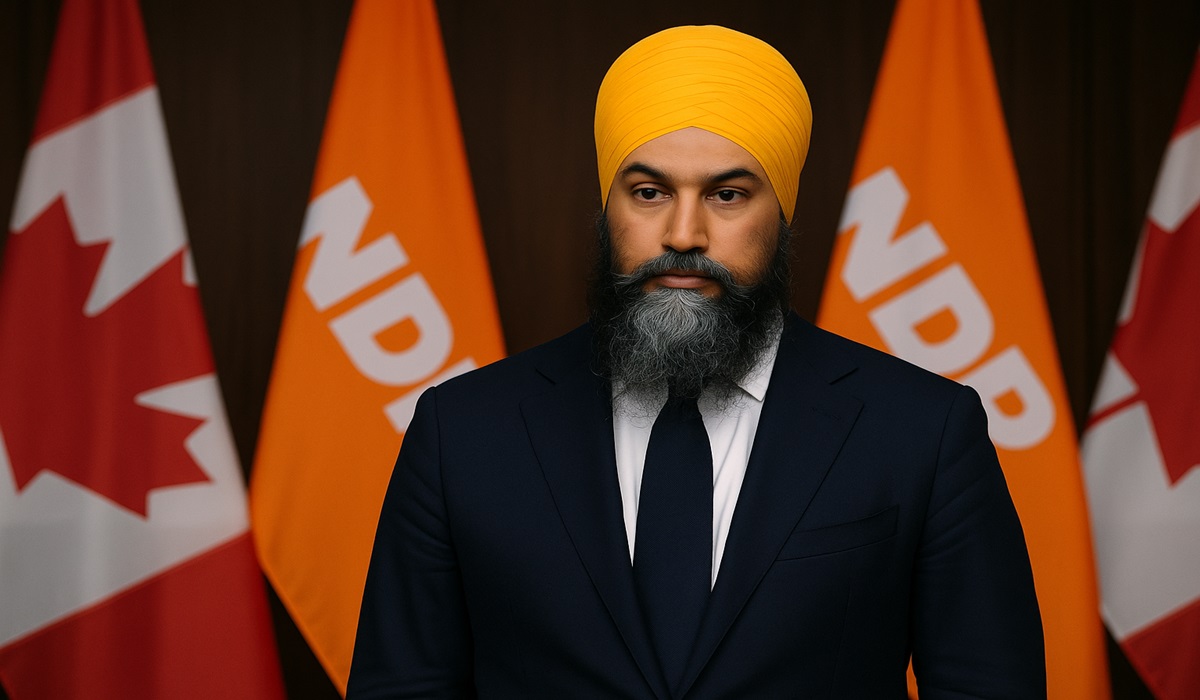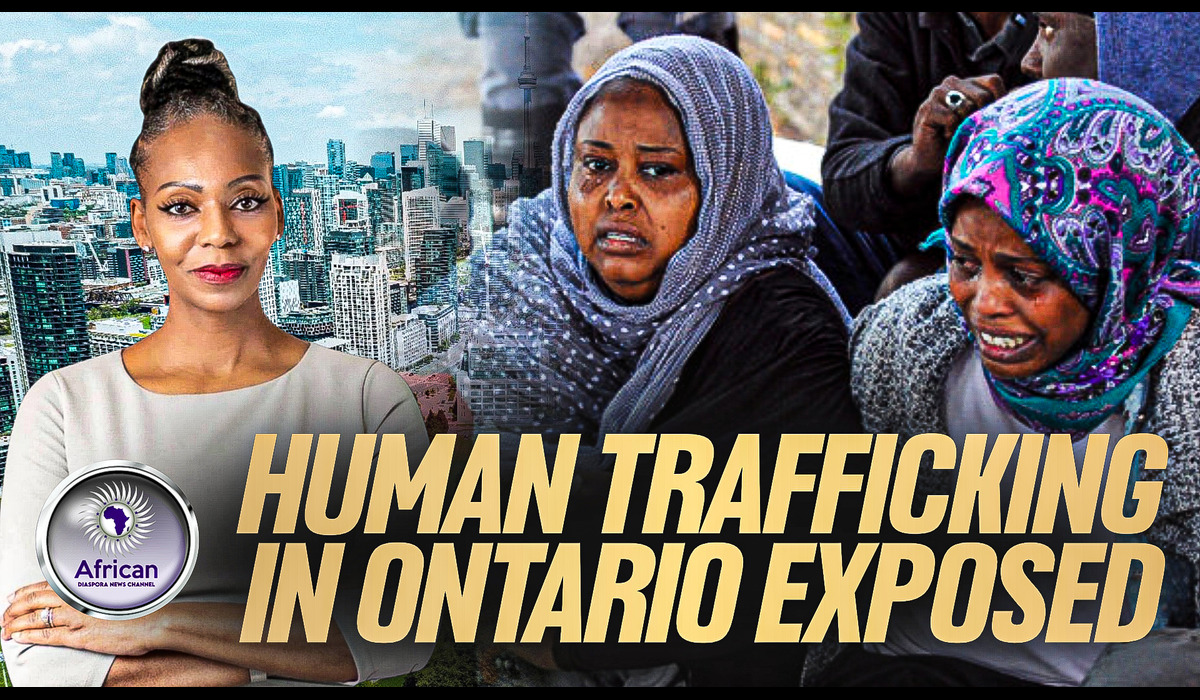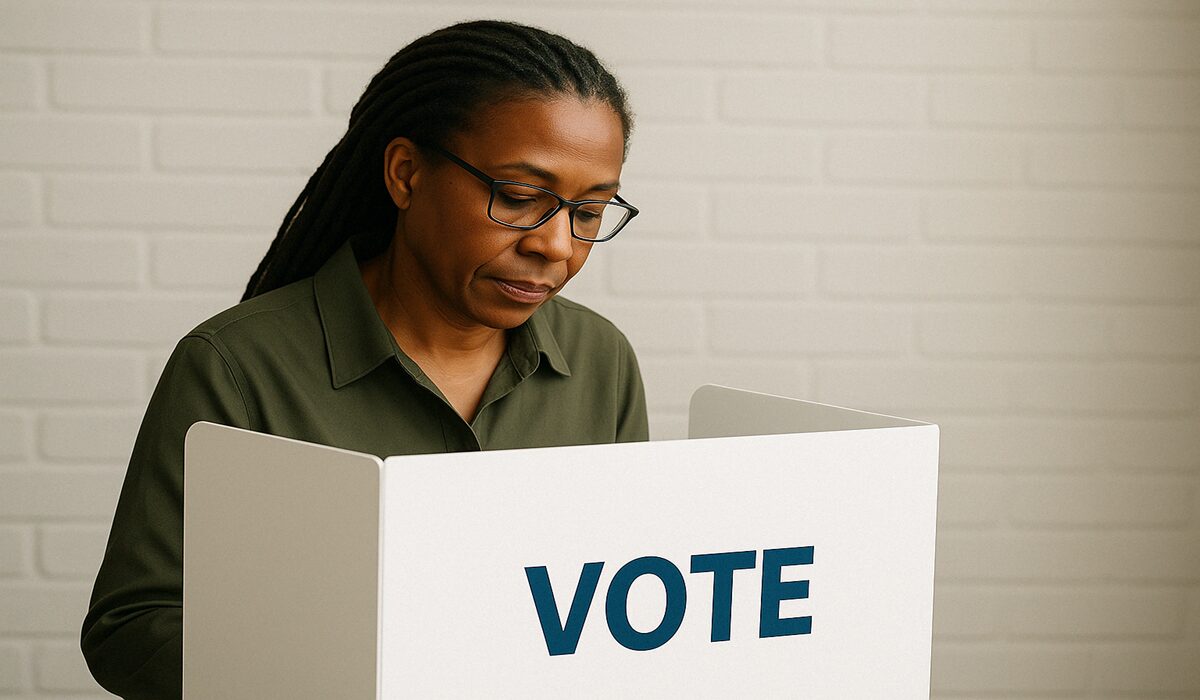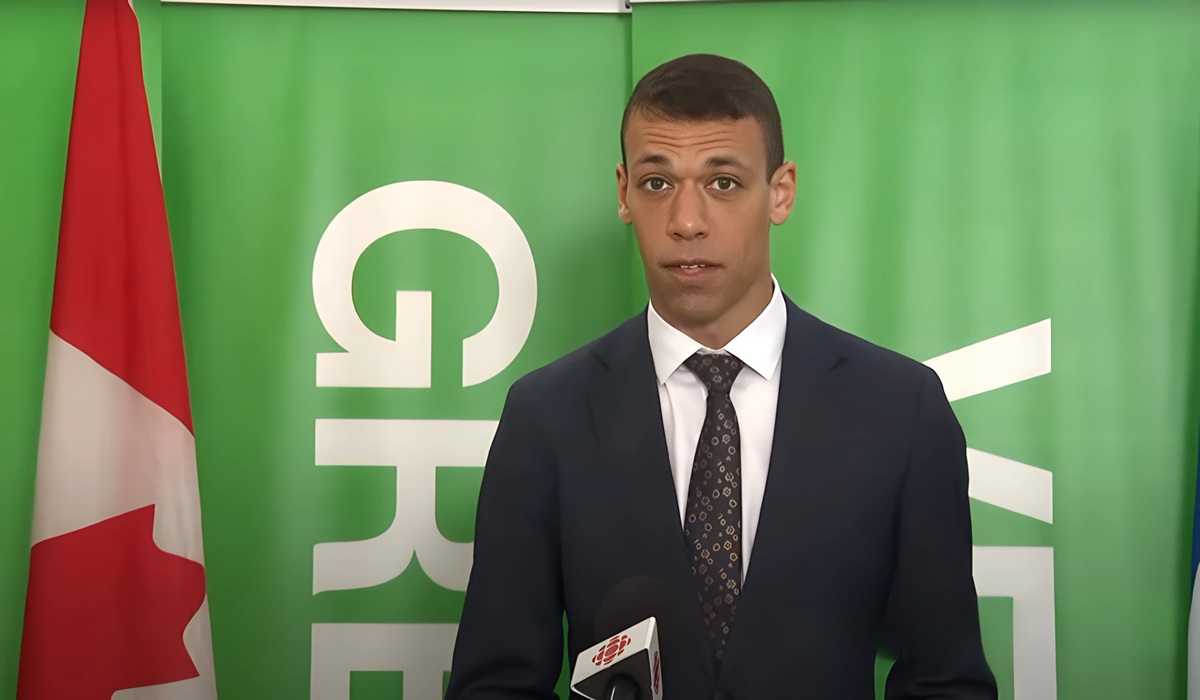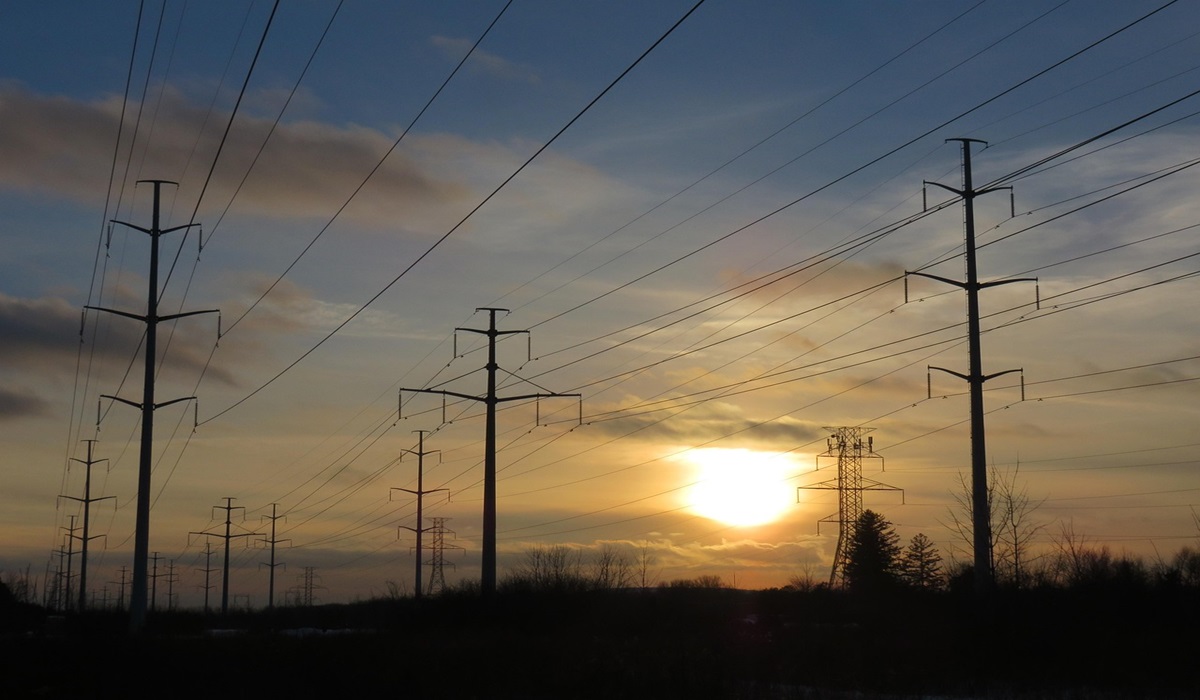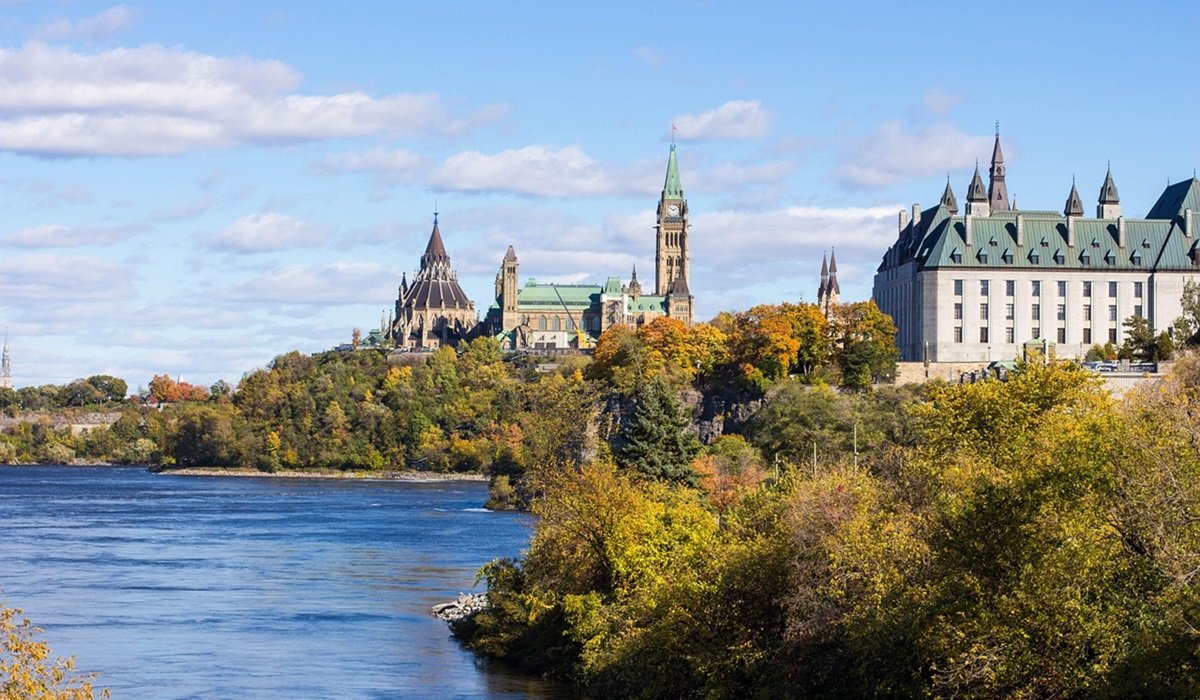The Eve of Reckoning: Canada Stands at a Crossroads as Federal Election Nears
- TDS News
- Canada
- April 27, 2025
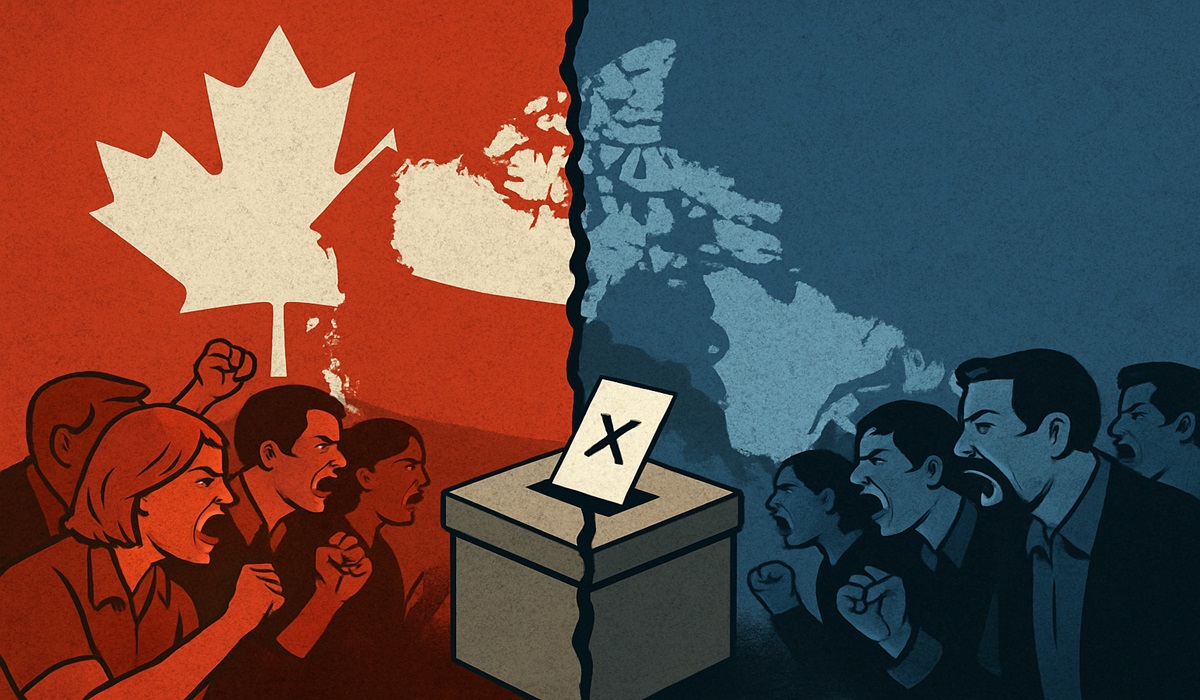
On the eve of the most consequential Canadian federal election in a generation, one truth rises above the clatter of the polls, predictions, and partisan noise: no one knows who will emerge victorious. What is certain, however, is that no matter the outcome, Canada is poised for significant, lasting change. The country stands deeply divided, battered by years of political drift, social unrest, economic uncertainty, and the growing realization that Monday night will mark not just the end of a campaign, but the beginning of a starkly different era.
Polls have painted a chaotic mosaic. Some point to a narrow Conservative Party victory under Pierre Poilievre; others suggest the Liberals might cling to power under the stewardship of Prime Minister Mark Carney, who stepped into the breach after Justin Trudeau’s bruised leadership grew too toxic to lead another campaign. But whether you listen to pollsters, party insiders, or the increasingly fractured media class, the underlying sentiment is the same: Canada is about to undergo a profound transformation, and half the country is bracing to lose.
If the Conservatives win—and right now that remains entirely plausible—Canada’s political axis will shift. The country will move away from the far-left progressive ideology that has defined federal politics for the last decade and veer toward a center-right agenda focused on fiscal restraint, individual freedoms, and a more hardline approach to immigration and national security. Pierre Poilievre’s brand has always been confrontational, unapologetic, and disruptive. His victory would not just be a repudiation of Liberal governance—it would be a rebuke to the entire establishment that has cosseted itself in power.
A Conservative government under Poilievre would likely seek to unwind much of Trudeau and Carney’s legacy, from carbon pricing to the government’s regulatory sprawl. For many voters—especially those in oil-rich Alberta, rural Ontario, and across the Prairies—this shift represents a long-overdue correction. For others, particularly in downtown Toronto, Vancouver, and Montreal, it signals an existential threat to the values they believe define modern Canada.
And make no mistake: if the Conservatives lose, Poilievre’s leadership is finished. The knives are already sharpened. A loss would trigger a brutal, public leadership contest inside a party that has repeatedly eaten its own after failure. A new figure—perhaps more moderate, more polished—would be expected to take the reins and attempt to rebuild in time for the next federal election. For a man who has spent the last three years fashioning himself as the inevitable prime minister, the fall would be swift and merciless.
For the Liberals, survival means something different. Should they manage to scrape out a win, Mark Carney will find himself stepping fully into Trudeau’s oversized, increasingly controversial shadow. A win would give Carney legitimacy but chain him to a deeply fatigued, polarized electorate. Worse, he would be forced to finally confront the Trump administration south of the border, a reality Trudeau largely evaded through delay, deference, and diplomatic gamesmanship.
The stakes are existential for Carney. If he loses and also loses his own seat—a real possibility given the intense volatility in even safe Liberal ridings—he’s done. There would be no path back without winning a by-election, and no guarantee that a friendly seat would be available. Even if he wins his seat but loses nationally, Carney’s future as Liberal leader would remain in doubt. Many Canadians already view him as a short-term caretaker, a figure more at home in boardrooms and international banking circles than in the gritty, adversarial role of Opposition Leader. Transitioning from the prime minister’s office to heckling across the aisle would feel beneath Carney’s ambitions—and it likely is.
As for the NDP, the writing is already on the wall. Jagmeet Singh faces what is almost certainly his final election as leader. His tenure has been marked by an unrelenting bleed of seats, influence, and credibility. Each campaign has ended with the NDP smaller and weaker than before, and there is no serious evidence that this election will reverse that trend. In fact, it appears likely that the NDP will fall below the threshold for official party status in Parliament—an organizational and financial death blow. Singh’s political brand, once energetic and charismatic, has become stale, uninspiring, and increasingly out of step with an electorate looking for authentic, practical solutions rather than tired slogans and vague promises.
The Bloc Québécois will again dominate Quebec, as it always does. Yves-François Blanchet’s machine remains one of the few predictable forces in this otherwise volatile election. But the Bloc’s strength only further underscores the widening fault lines across the country, where provincial identities often trump national unity.
Perhaps the most telling feature of this election is how openly the media and institutions have abandoned the pretense of bipartisanship. Outlets that once clung to a veneer of neutrality now openly declare their preferred victors, and partisanship bleeds through the news coverage daily. Newspapers, TV panels, online forums—all have picked sides. Canadians no longer expect balance; they brace for propaganda wars. No matter who wins, the battle for control over the narrative will rage on—and trust in the media will continue its freefall.
Meanwhile, ordinary Canadians are exhausted. Conversations around kitchen tables, in coffee shops, and across social media reveal a nation that is weary, wary, and angry. Economic pressures have crushed small businesses and families alike. Housing affordability remains an unattainable dream for millions. Healthcare systems teeter under the weight of demographic pressures and bureaucratic bloat. Immigration policies strain city infrastructures, even as rural areas feel abandoned. Indigenous reconciliation efforts ring increasingly hollow. Amid all of this, the political class seems largely disconnected from the daily struggles of the people they claim to represent.
Come Monday, half the country will wake up elated—and half will wake up enraged. This is no longer about left versus right; it’s about two fundamentally incompatible visions for what Canada should be. The margin of victory will be thin, but the consequences will be immense.
If Pierre Poilievre wins, expect a swift dismantling of the status quo, a roaring push for deregulation, law-and-order policies, and a reassertion of national identity rooted in individual liberties. If Mark Carney ekes out survival, prepare for a bruising, defensive government struggling to maintain relevance in the face of an invigorated, furious opposition—and a looming economic downturn. If Jagmeet Singh survives politically at all, it will be by the skin of his teeth and without real influence. And through it all, the Bloc will continue to carve out Quebec’s separate path.
The only certainty is that the Canada waking up on Tuesday morning will not be the same Canada that went to bed Monday night. In the end, elections are not just about who wins. They are about who we, as a people, choose to become. And this time, more than ever, the stakes are nothing less than the soul of the nation.

